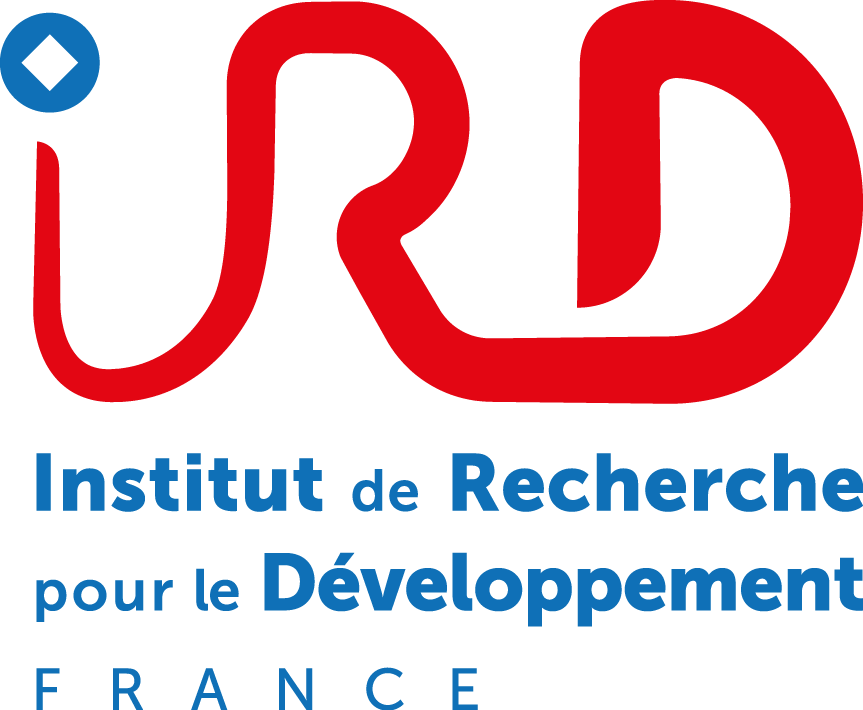Eichenberger Franca
Mots-clés :
génétique, baleines à bosse, sexual selection, genetics, mating behaviours, testosterone, major-histocompatibility complex, humpack whales

Despite a plethora of studies, the mating behaviours of most cetacean species are poorly understood. Submerged under water, evasive, often endangered and migratory, marine mammals severely complicate behavioural studies.
Today, more advanced methods of data collection and analysis offer new insights in the genetics, physiology and communication of cetaceans.
The aim of my thesis is to improve our understanding of the complex mating behaviours in humpback whales, in particular of male song. I will simultaneously address two of Tinbergen’s problems, ‘current utility’ and ‘mechanisms of control’ (Tinbergen, 1963; Bateson and Laland, 2013), through an integrative analysis of behavioural, genetic, endocrine and acoustic data.
Firstly, I will assess the variation in reproductive success inferred via genetic parentage analysis and relate it to predictions of sexual selection theory and the proposed polygynous mating system.
Secondly, focusing on male mating behaviours, I will explore whether variability in male mating behaviours reflects different individual reproductive strategies and how this may affect reproductive success.
Thirdly, I will evaluate the temporal pattern of male testosterone over the course of the breeding season and the effect of testosterone on male mating behaviours and reproductive success.
Fourthly, I will determine the Major Histocompatibility Complex (MHC) diversity of the population and examine the possibility of an MHC-mediated female mating preference. Lastly, I will investigate whether song conveys information on male quality, and whether certain song characteristics increase a male’s reproductive success.

